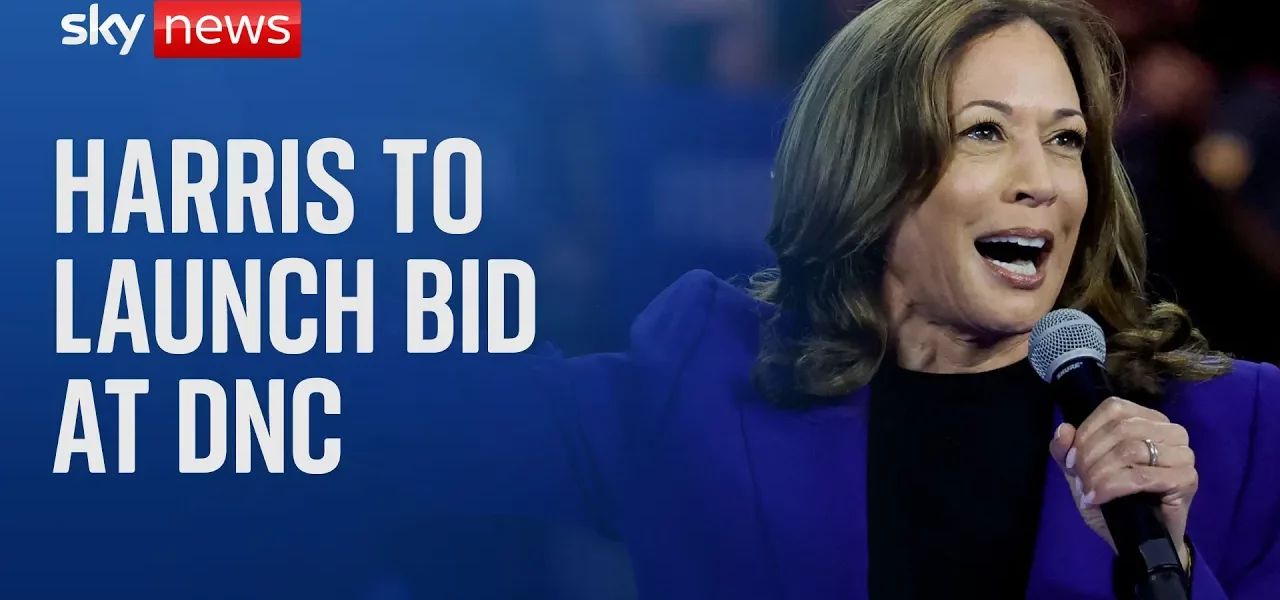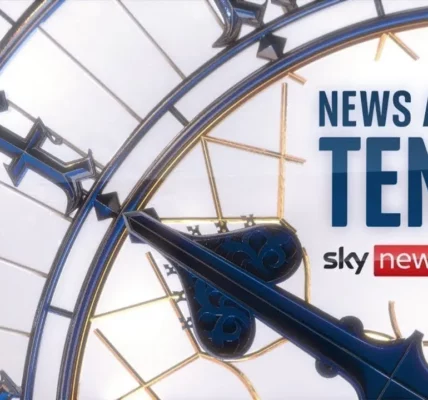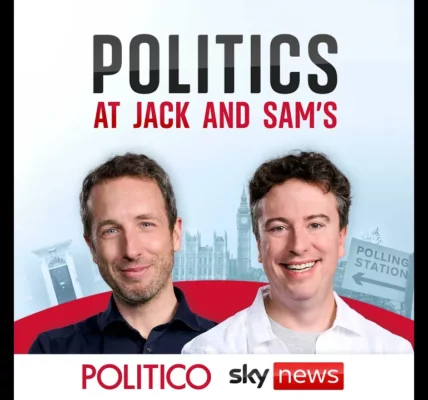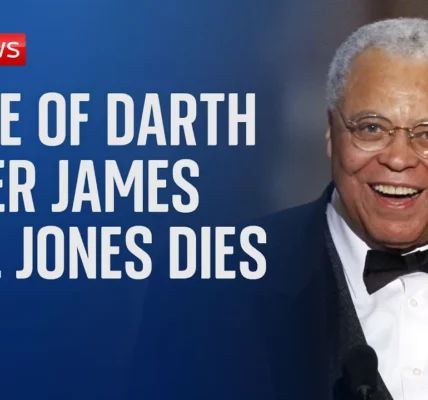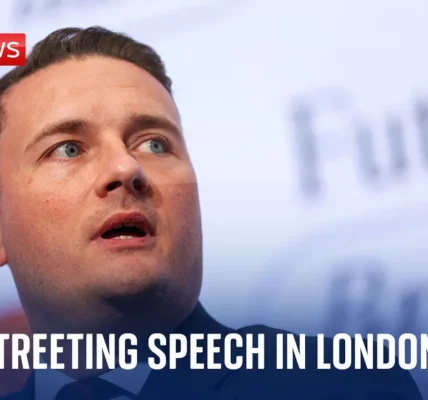Choosing Joy Over Anger: A Political Reflection

In a pivotal moment in American politics, voices like Stevie Wonder and Kamala Harris emphasize the necessity of choosing joy and hope over anger and despair. This article delves into the themes of this election cycle, exploring the endorsements, challenges, and the sentiment of the youth.
Introduction
This week has seen a significant emphasis on the idea that the upcoming election is a choice between joy and anger, hope and despair. With prominent figures like Stevie Wonder highlighting the need for positivity, the political discourse is shifting towards a more optimistic outlook. The contrast between the current administration’s negativity and the hopeful messages from leaders like Kamala Harris and Tim Walz resonates deeply with voters seeking change. As we navigate this election season, understanding the importance of joy and decency becomes crucial in shaping our political future.
The Role of Joy in Politics
In political arenas, joy is often overshadowed by anger and fear. However, recent speeches have illuminated the power of joy as a tool for engagement and connection. Leaders are now framing the election as a battle between:
- Hope and Despair: The narrative of hope is essential for motivating voters.
- Decency vs. Negativity: Emphasizing a return to decency can restore faith in governance.
- Community Engagement: Joy can foster a sense of community and inclusiveness among diverse voter bases.
Key Figures and Their Messages
Stevie Wonder’s Influence
Stevie Wonder’s call for joy is not merely a musical sentiment but a rallying cry for change. His message resonates with those who feel disenfranchised and emphasizes the potential for a brighter future. Wonder’s influence serves as a reminder of the emotional power of music in politics.
Kamala Harris: A Voice for the Youth
Kamala Harris has positioned herself as a candidate for hope and change. Her speeches often reflect a deep understanding of the frustrations of young voters who seek tangible impacts from political engagement. Harris’s approach includes:
- Empowerment: Encouraging young voters to believe in their power to effect change.
- Policy Focus: Balancing joy with concrete policies that address the needs of the electorate.
- Connection: Relating to voters through personal anecdotes and shared experiences.
Tim Walz’s Appeal
Tim Walz, the Minnesota Governor, represents the everyman in politics. His background as a teacher and coach allows him to connect with voters on a personal level. His message emphasizes:
- Local Values: Focusing on small-town values that resonate across political divides.
- Community Strength: Emphasizing the importance of community in overcoming challenges.
- Inclusive Messaging: Aiming to appeal to both liberals and conservatives by promoting unity.
The Challenges Ahead
Despite the optimistic messages, challenges remain in engaging young voters. Many young individuals feel disconnected from politics, viewing it as irrelevant to their immediate concerns. To overcome this, candidates must:
- Address Immediate Concerns: Focus on issues that directly impact young people’s lives, such as education and job opportunities.
- Incorporate Humor: Use lighthearted elements in speeches to engage audiences and reduce tension.
- Showcase Real Impact: Demonstrate how political decisions affect everyday lives.
Conclusion
The choice between joy and anger is more than a political slogan; it is a reflection of the underlying values that guide our society. As leaders like Kamala Harris and Tim Walz advocate for hope and decency, it is essential for voters to engage actively in the political process. The upcoming election presents an opportunity to choose a path that prioritizes joy and community over negativity. It is time to take action and ensure that our voices are heard. Let’s embrace the message of joy and make a conscious choice to engage in a positive political dialogue.
“`
